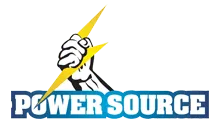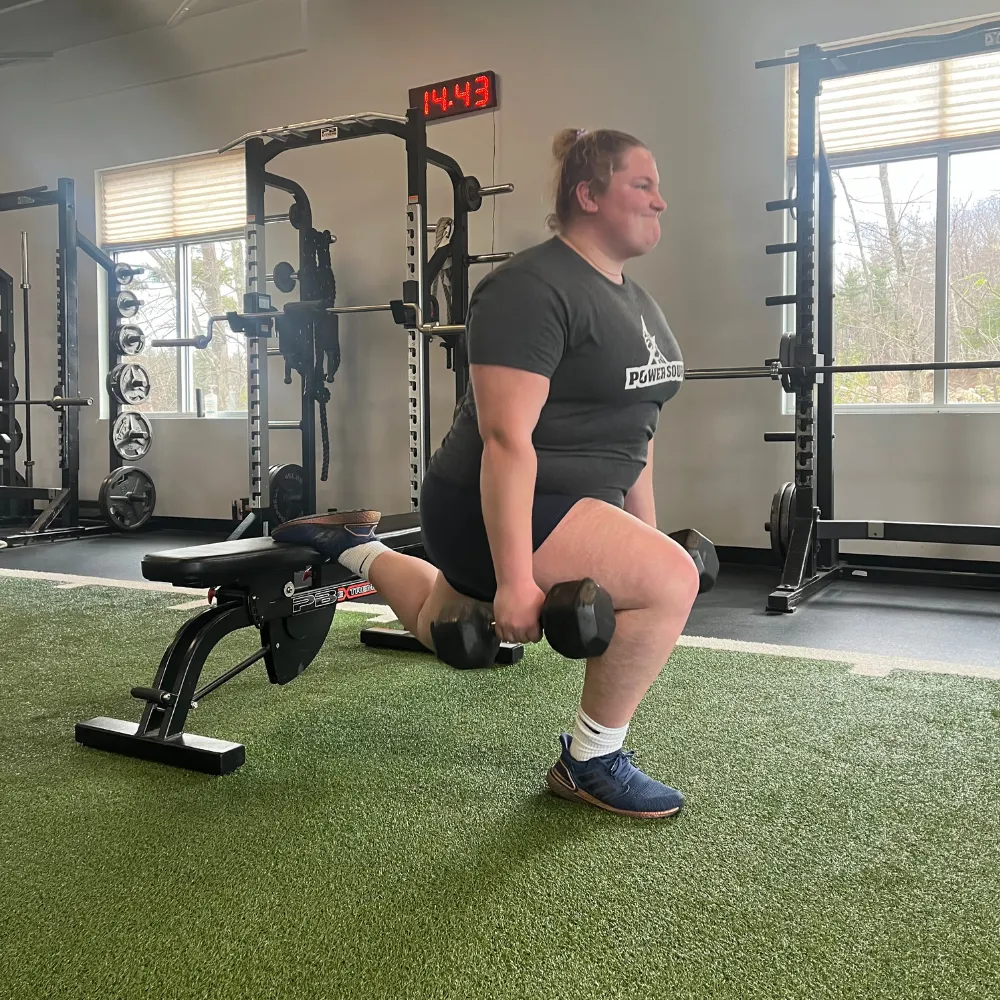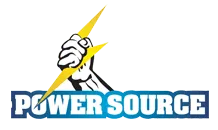ATHLETE BLOG LEOMINSTER

Train Your Sport Or Train In The Gym? Which Is Better For Speed?
There are two opposing viewpoints when it comes to speed development.
On one side there are coaches, like us at Power Source, who train the technical side of sprinting and cutting. We act as if teaching everything in a controlled environment will magically transfer to the chaotic nature of sport.
On the flip side are, primarily, sport coaches. Certainly not all of course, but those whose beliefs reside here feel that you need to play your sport more often to develop the exact movement skills needed for your sport and position.
And guess what?
We are both wrong.
To see why, let's replace speed development with learning to read.
Both are skills (yes, speed is a skill) that are best developed through practice.
The performance coach approach would teach reading through things like vocabulary lists, grammar activities, learning to pronounce words, and so on. We'd do all the fundamental work to make you a better reader, but don't let you read books to put together ideas, or think critically.
The sport coach view would have you jump right to reading books, despite never acquiring the skills to be able to read well. You are thrown in with whatever innate talent you brought, with the hope that by reading enough books you'll get to your true ability level.
Doesn't each scenario sound a bit absurd?
We all have seen and experienced the value of using school to learn the fundamentals of reading properly to then execute those skills for the rest of our lives.
You are literally using this process right now!
The future of athletic development, and speed development in particular, is going to come from a blend of our two worlds.
Are the fundamental skill drills important?
Of course.
Do kids need to play their sport to adapt these skills to their unique environment?
Absolutely.
Yet in between these two areas - the highly controlled and highly chaotic movement environments - there is huge potential for a continuum of training to blend these two extreme approaches.
This is going to take willing partnerships on both the performance and sport coaching sides to give kids the next level of service.
For some athletes, their fundamentals are sound and they likely will thrive speed-wise when put in a game.
For others, there are inherent flaws in their technique that will clearly lead to injury sooner or later. In the meantime, they just play below their potential.
Year-round sports training can evolve into a truly magical development plan for kids if both performance and sport coaches can work together to create roadmaps for every kid - from the superstar to the last player picked - to challenge themselves progressively as they move towards the best version of themselves.
Our two worlds just need to do a better job of working together in the future.
Power Source Reviews

Level Up Your Game
We can accelerate your speed, strength & athletic development gains
Click the button to start your journey
The Best Youth Personal Training In Leominster, Sterling, Lancaster and Princeton
© Copyright 2026. Power Source. All rights reserved.
|

